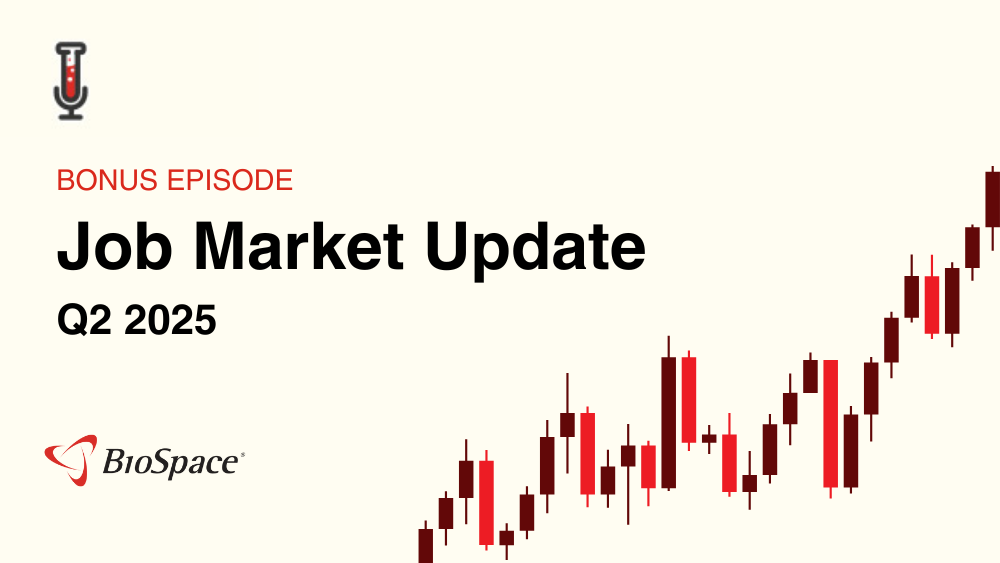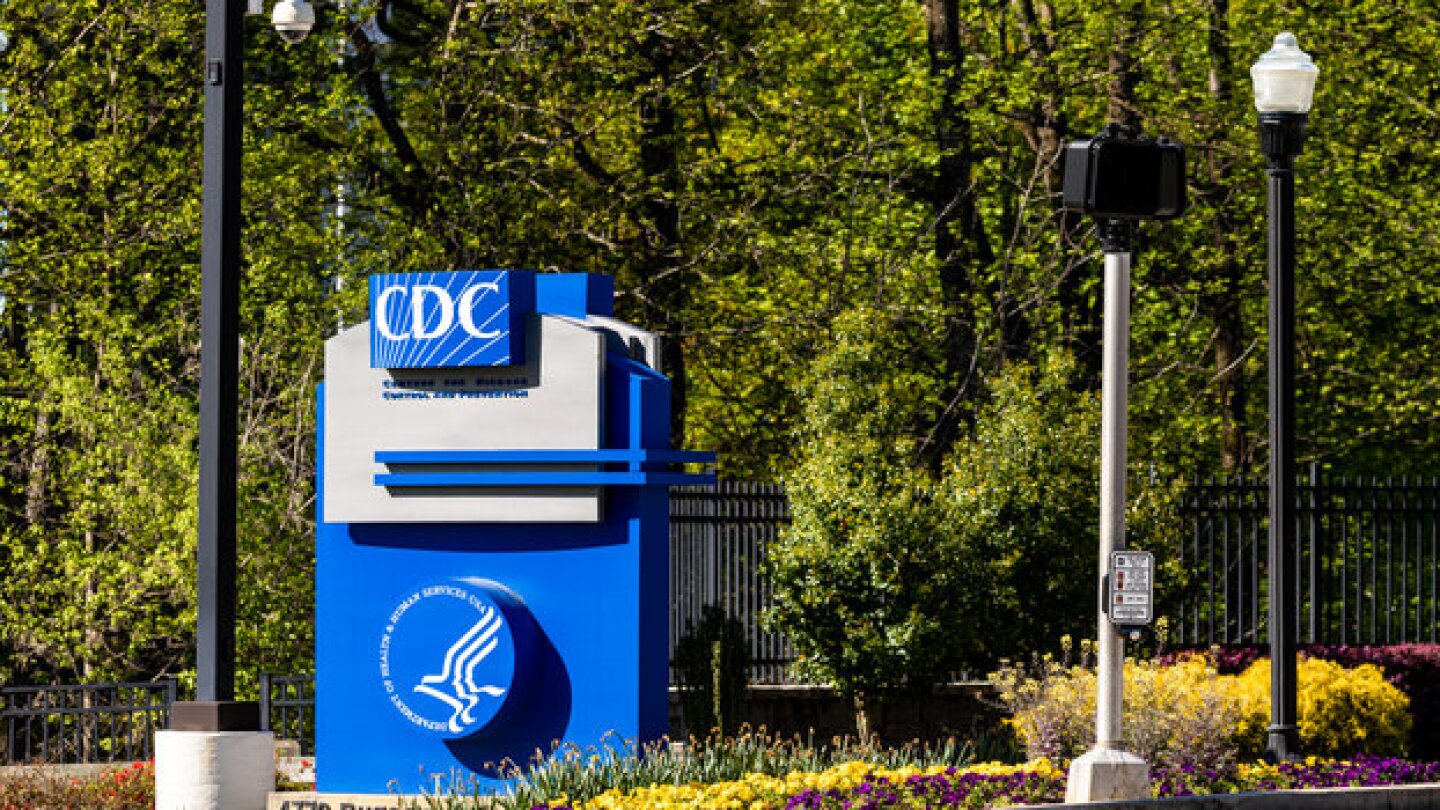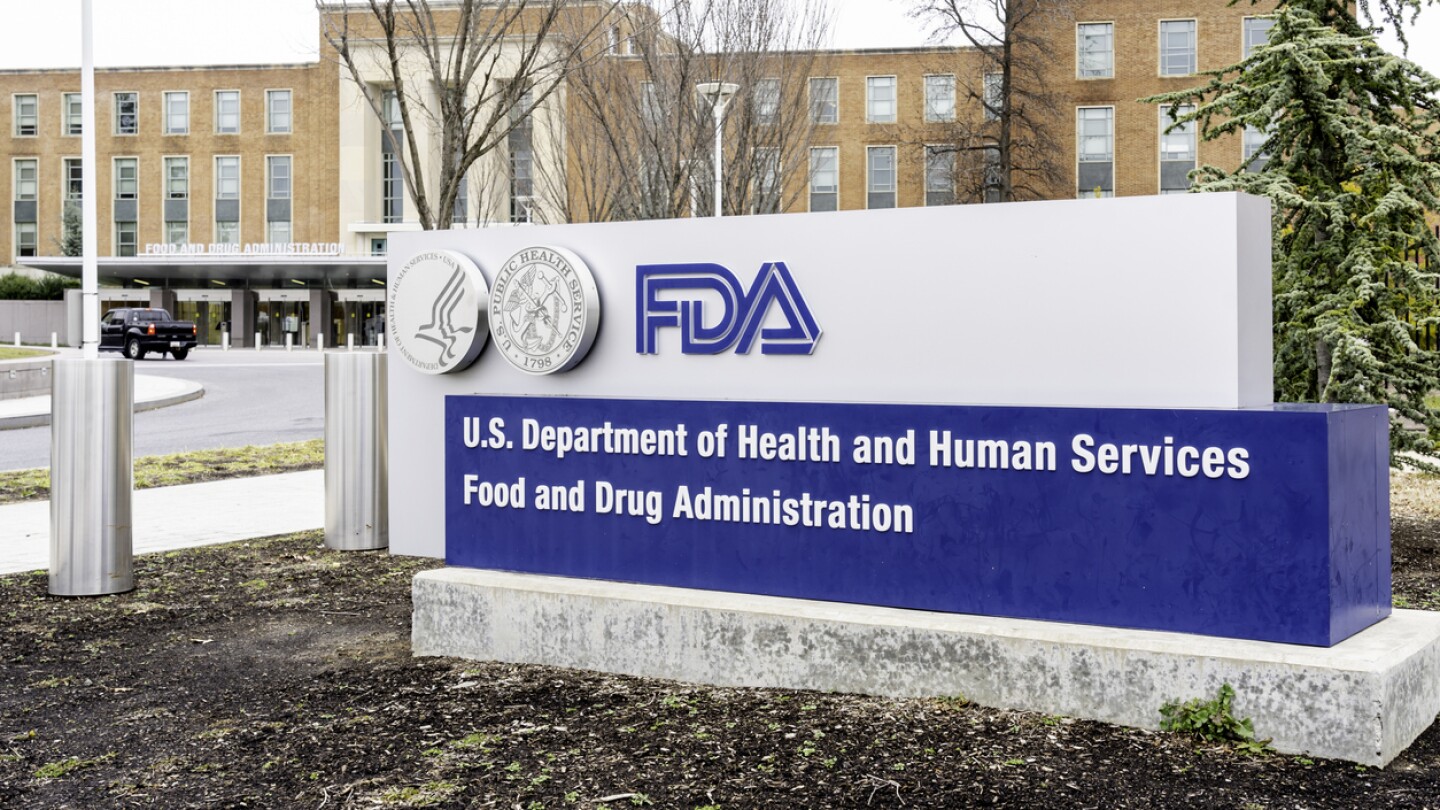News
After a series of unfortunate regulatory rejections and manufacturing issues surfaced, Regeneron’s shares dipped to $483 this summer—the lowest they’d been since early 2021. But they now sit higher than they did at the start of the year.
FEATURED STORIES
Early decisions about manufacturing and supply chains could prove costly as a company reaches the commercial stage.
While the TrumpRx deals only cover Lilly and Novo for now, the agreements are good for any cardiometabolic biotechs waiting in the wings, according to a new 2026 preview report from PitchBook.
Venture capital flow to women-founded companies has stabilized in the post-pandemic environment. BioSpace looks back at five companies that have nabbed the most over the past two decades.
Job Trends
Looking for a biopharma job in Illinois? Check out the BioSpace list of six companies hiring life sciences professionals like you.
FROM OUR EDITORS
Read our takes on the biggest stories happening in the industry.
While it’s not unusual for certain positions to turn over with a new administration, the number of senior-level FDA staffers who have recently left the agency is unprecedented. The lack of communication, transparency and human decency is as well.
THE LATEST
Praxis Precision Medicines has also announced a “successful” pre-NDA meeting with the FDA for its essential tremor drug candidate ulixacaltamide, for which an approval application is slated for early 2026.
The ACIP voted 8-3 to recommend delaying the hepatitis B vaccine, commonly given just after birth. The CDC itself has said the shot is safe and effective.
Days after Johnson & Johnson’s posdinemab failed to slow clinical decline in patients with Alzheimer’s disease, Eisai Chief Clinical Officer Lynn Kramer expressed unwavering conviction in his company’s own anti-tau asset, while others suggest the Alzheimer’s field is heading in a completely different direction.
Investor optimism has waned as final minutes from uniQure’s pre-BLA meeting with the FDA convey that data from the company’s Phase I/II studies of AMT-130 are “unlikely” to provide the primary evidence to support a biologics license application.
Writing in separate editorials in two leading medical journals, former chiefs of federal scientific agencies issued warnings about the changes being proposed to vaccine frameworks by current officials.
The partnership will focus on Crescent’s PD-1/VEGF inhibitor CR-001 and Kelun-Biotech’s SKB105, both of which the companies plan to push into Phase I/II development for solid tumors early next year.
Companies who run their early-stage clinical development outside the U.S. would “experience higher fees” according to an FDA proposal made during the negotiation process for the eighth cycle of the user fee program.
Last week, Center for Biologics Evaluation and Research Director Vinay Prasad claimed in an internal memo—without providing evidence—that COVID-19 vaccines were responsible for the deaths of 10 children between 2021 and 2024.
Høeg is the fifth person to lead the Center for Drug Evaluation and Research this year.
In this episode of Denatured, Jennifer C. Smith-Parker speaks to Stacey Adam, PhD, Vice President of Science Partnerships at the Foundation for the National Institutes of Health and Patrick Smith, Senior Vice President, Translational Science at Certara, to discuss the latest regulatory news and the future for new approach methologies (NAMs) development.






















